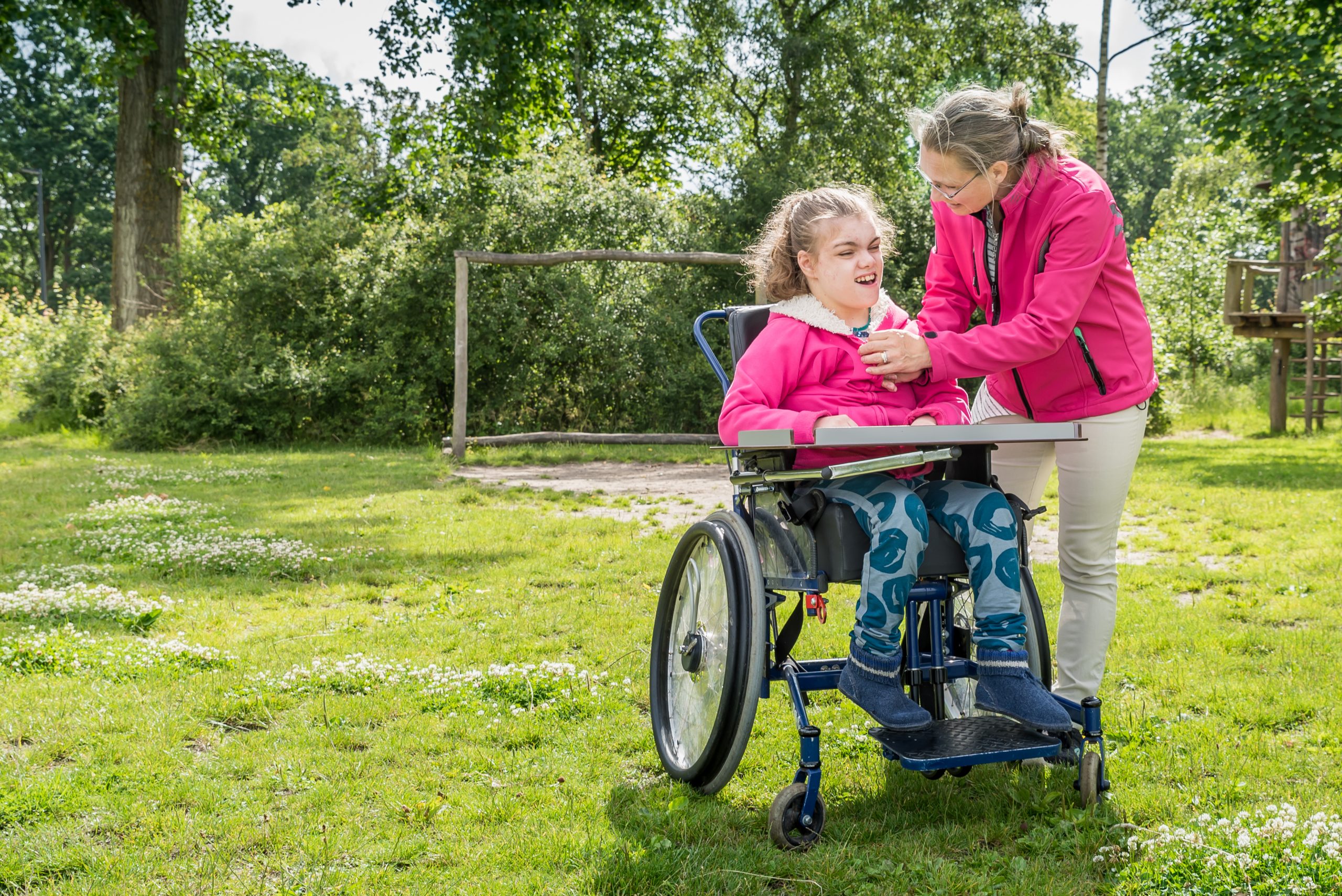A common theme across just about all standards that apply to community and health service providers is a requirement to have appropriate policies and procedures in place in order to:
- ensure the delivery of safe and high-quality services to clients, and
- meet the governance and quality management requirements of the standards and legislation that applies to them.
But having policies and procedures in place is only the first step. Even more important is that the policies and procedures are specific to the services and operations of each individual provider, and that they are understood and followed by all workers.
We’ve reviewed a number of recently published audit reports, and we’ve also had some discussions with auditors, and it is clear that some providers fall short along the way to actually implementing their policies and procedures across their organisation. The consequences of this can be very serious, ranging from unprepared or ill-informed workers, through to the delivery of services that have an increased risk profile, or that are unsafe.
For example, in one recent audit it was found that while the provider had an open disclosure policy and risk framework policy, workers were not consistently following procedures in relation to risk management and incident and feedback identification, and so these were not effective.
In another audit, a provider was found to be non-compliant in their medication management. Despite the provider having a policy for medication management, workers demonstrated poor practices, including leaving medication out and not keeping them secured. Additionally, despite the service having an incident reporting system, many workers appeared to not use or be aware of the system.
In a number of cases, auditors have reviewed providers’ policies to find that they didn’t even refer to the correct organisation, or the specific services delivered by that provider. A very early indicator to an auditor of a shortfall between documentation and implementation!
So, how can providers improve the consistent implementation of relevant and appropriate policies and procedures across their organisation?
We’ve set out below some key principles that should be followed. As well as a couple of key actions.
The policies and procedures must reflect how your particular organisation operates, the services you deliver, and the types of clients to whom you provide services
The policies and procedures must reflect how your particular organisation operates, the services you deliver, and the types of clients to whom you provide services
- Auditors report that policies often fail to reflect the practices of the organisation and the skill base of the staff. Your policies need to be relevant to your organisation and the needs of your consumers. When tailoring policies to your organisation, consult with consumers, other relevant stakeholders and your workers, to ensure that they reflect the needs and rights of consumers as well as the capabilities and expected practices of workers.
Policies and procedures also need to address and meet the specific requirements of the legislation and service standards that apply to your organisation, so ensure you refer to and understand the relevant legislation and service standards that apply. Ensuring that policies and procedures reflect how your organisation operates means that they will underpin consistent practices and service delivery across the whole organisation.
Ensure that staff have read, and understand, your organisation's core policies and procedures
Ensure that staff have read, and understand, your organisation's core policies and procedures
Auditors have provided feedback that organisations often fail to adequately communicate policies and procedures to staff. You should ensure that each worker reviews, considers and acknowledges their understanding of policies. To ensure that staff have read and understood them, you can distribute a core pack to each worker containing the relevant policies and procedures, and then structure discussion sessions so that they understand what these mean in practice. You could maintain a record that each worker has acknowledged receipt of, and read and understood the core pack, for example:
“I, [insert name here], confirm that I have read and understand the organisation’s policies and procedures relating to (e.g. Client rights, medication management, complaints management, Code of Conduct, incident reporting etc).
Policies and procedures should be easily available to staff on an ongoing basis, so that they can re-familiarise themselves with them as needed.
Boards play an important role in implementation
Boards play an important role in implementation
Board members play a critical leadership role in setting expectations for behaviour and organisational culture. They have a responsibility to ensure that policies and procedures are in place, so that all aspects of the business are functioning in line with their purpose and objectives. Board members should create a culture of review and understanding of policies and procedures. They need to periodically evaluate the policies that are in place, and be alert to the need for new or updated policies.
Policies and procedures must grow with the organisation
Policies and procedures must grow with the organisation
The organisation’s policies and procedures should reflect its sense of identity, its approach to service delivery and the standards it expects of all workers – and these policies and procedures must also be living documents.
They must be reviewed and updated regularly, to take into account changes to or expansion in services provided, experience from incidents and near misses, as well as feedback and complaints. Auditors often find that as organisations grow, sometimes their policies and procedures do not adapt to reflect these changes and growth. Organisations can then find themselves providing certain supports that their policies and procedures don’t address. It is important for senior management and the governing body to review and update policies regularly throughout the year, so that they reflect any changes. A good way to implement this is to incorporate a review of policies into regularly scheduled meetings.
Reinforce policies and procedures through training
Reinforce policies and procedures through training
Auditors have also found that staff are often not provided with regular refreshers of policies and procedures, some of which may have been amended or updated. In addition to new staff receiving training on policies and procedures, six monthly refreshers could be scheduled (and records of attendance kept), to ensure that all staff remain familiar with current policies and procedures and are trained on any new requirements, for example for any new or specialised service delivery.
The delivery of consistent, safe and high-quality services does not just depend on having policies and procedures in place for your organisation. You must ensure that they reflect the services that you currently provide, how you provide those services, and that they are understood and followed by all workers.
Contact us
Want to know more? Talk to our team.








